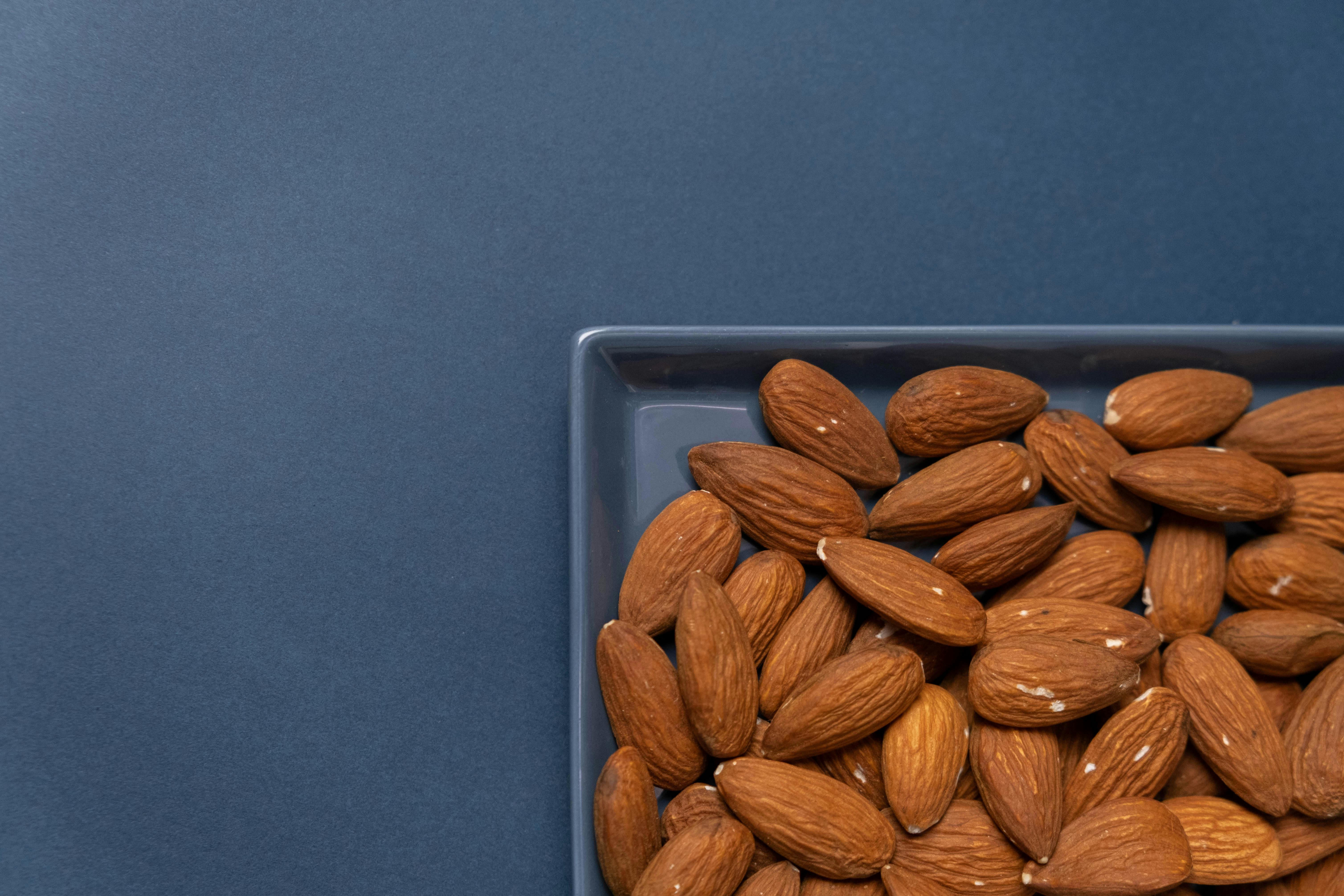Effective Ways to Manage Keto Constipation in 2025

Effective Ways to Manage Keto Constipation in 2025
Understanding Keto Constipation
The ketogenic diet, or keto diet, is increasingly popular for its benefits in weight loss and energy levels. However, many individuals encounter a common issue: constipation. This phenomenon occurs due to the significant reduction in carbohydrates, which can lead to inadequate fiber intake and subsequent digestive challenges. Recognizing the symptoms of constipation on keto is essential, as it can manifest as infrequent bowel movements, discomfort, and bloating. Understanding these symptoms will allow dieters to take proactive measures to ease constipation effectively.
In 2025, as more people adopt ketogenic lifestyles, it becomes vital to identify effective strategies for managing keto-induced constipation. This article will explore everything from dietary adjustments to hydration importance, providing practical solutions for those facing digestive discomfort on their keto journey.
The Role of Dietary Fiber on Keto
One of the leading causes of constipation on a ketogenic diet is inadequate fiber. While keto emphasizes low-carb foods, certain keto-friendly foods can provide valuable fiber sources, crucial for digestive health. Foods high in fiber include leafy greens, chia seeds, flaxseeds, and avocados. These options not only contribute to daily fiber intake but can also assist in managing bowel movements.
To effectively incorporate fiber into your keto meal plan, focus on balancing soluble and insoluble fiber. Soluble fiber helps retain water in the bowel, making stool passage easier, while insoluble fiber adds bulk. Strategically incorporating both types of fiber into meals can enhance digestive health on keto significantly.
Hydration: A Key Component
Hydration plays a crucial role in digestive health, especially on a ketogenic diet. Many individuals report experiencing constipation when they fail to maintain adequate fluid intake. Water supports overall bodily functions, including digestion and bowel movement. In 2025, maintaining hydration can help alleviate constipation's severity and frequency. Aim for a minimum of eight glasses of water per day and adjust according to physical activity levels and personal needs.
In addition to water, incorporating electrolyte-rich drinks can further support hydration. Inadequate electrolytes, particularly magnesium and potassium, can contribute to digestive issues. Many keto-friendly drinks, such as bone broth or electrolyte-enhanced beverages, can help maintain balance and support digestive health.
Keto Constipation Relief Strategies
Keto-Friendly Foods for Digestion
Choosing the right foods can make all the difference in managing keto constipation. Foods like chia seeds, flaxseeds, and high-fiber vegetables are excellent additions to your keto meals. Chia seeds, in particular, are rich in omega-3 fatty acids and can absorb significant amounts of water, forming a gel-like consistency that aids in digestion.
Incorporating low-carb vegetables, such as broccoli and spinach, can boost fiber intake while keeping carbohydrate counts low. Including these vegetables in meals and snacks can greatly assist in easing constipation while ensuring you remain within your macro limits.
Keto-Friendly Laxatives and Digestive Enzymes
Another effective strategy for managing constipation on keto involves the use of keto-friendly laxatives and digestive enzymes. Laxatives that promote bowel movements, such as magnesium citrate, can help relieve constipation when dietary measures are insufficient. Always consult with a healthcare provider before starting any laxative regimen.
Digestive enzymes may also support better digestion of the high-fat content commonly found in a ketogenic diet. These products can assist in breaking down fats more efficiently, preventing potential digestive hiccups that contribute to constipation.
Common Mistakes Leading to Keto Constipation
Ignoring Fiber Intake
A prevalent issue among keto dieters is neglecting the importance of fiber-rich foods. Many individuals mistakenly believe that fiber is unnecessary on a low-carb diet, which can lead to digestive troubles. Ensuring a well-rounded intake of keto-friendly fiber sources is crucial in preventing constipation.
Overlooking Hydration Needs
Failing to drink enough water can lead to dehydration, intensifying constipation symptoms. Prioritize hydration to maintain healthy bowel function. Consider using hydration solutions, such as electrolyte drinks, to provide essential minerals that further support gut health.
Underestimating the Importance of Fats
Healthy fats are a significant part of the keto diet, aiding in digestion and nutrient absorption. However, some individuals might curtail fat intake due to misconceptions. Understanding the healthy role that fats play in digestion and ensuring sufficient consumption is imperative for maintaining regular bowel movements.

Tips for Preventing Constipation on Keto
Implementing Meal Timing Strategies
Paying attention to meal timing can positively influence how your body processes food on keto. Eating regular meals at consistent times can promote a healthy digestive rhythm, preventing constipation. Consider spreading meals throughout the day to help facilitate digestion.
Incorporating Probiotics for Digestive Health
Probiotics can be beneficial for cultivating gut health, especially when adjusting to a new diet like keto. Introducing foods rich in probiotics, such as fermented foods (kimchi, sauerkraut), into your routine can support a balanced gut microbiome, which is essential for proper digestion.
Making Dietary Adjustments
Paying attention to dietary habits is vital for overcoming keto constipation. If you notice constipating foods in your diet, such as highly processed low-carb snacks, consider replacing them with whole, natural options rich in fiber. Focus on integrating more vegetables and healthy fats to ensure a balanced intake.

Expert Recommendations for Managing Keto Constipation
Regular Monitoring of Dietary Fiber
Experts recommend that individuals on a ketogenic diet monitor their daily fiber intake actively. Aim for a target of 25-35 grams of fiber per day, primarily from low-carb, high-fiber foods. Keeping a food diary can help track fiber consumption and highlight potential deficiencies.
Exploring Supplement Options for Constipation
In addition to dietary adjustments, exploring fiber supplements can be an effective method for managing constipation on keto. Soluble fiber supplements may offer a practical solution to meet daily fiber needs. Ensure you select keto-friendly options to avoid unnecessary carb intake.
Learning Smart Snacking Approaches
Snacking can impact digestive health, especially on a ketogenic diet. Opt for keto-friendly snacks that are high in fiber, such as nuts or vegetable sticks paired with dips. Being mindful of snack choices can greatly aid in preventing constipation while keeping carbohydrate levels in check.
Conclusion
Managing keto constipation in 2025 requires a multifaceted approach. By understanding the importance of dietary fiber, hydration, and nutrient balance, individuals can navigate this common challenge effectively. From selecting appropriate keto-friendly foods to incorporating probiotics and digestive aids, maintaining gut health is achievable. Remember, a proactive mindset coupled with proper dietary habits can significantly improve digestive well-being on a ketogenic journey.
Its part of generated content. Can i generate another part?